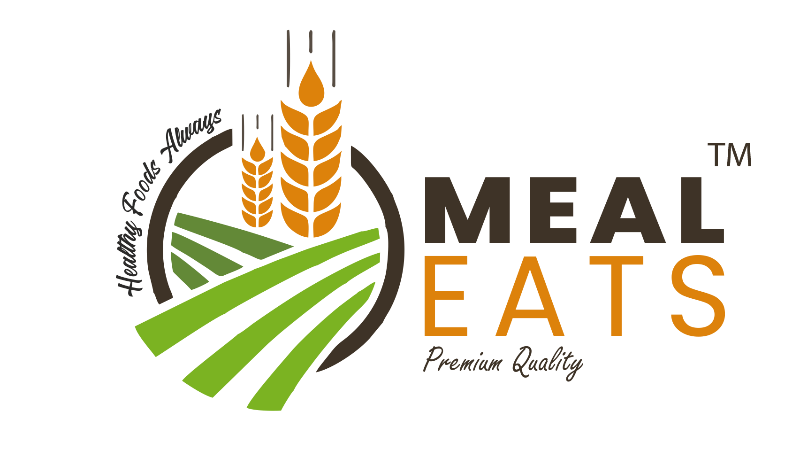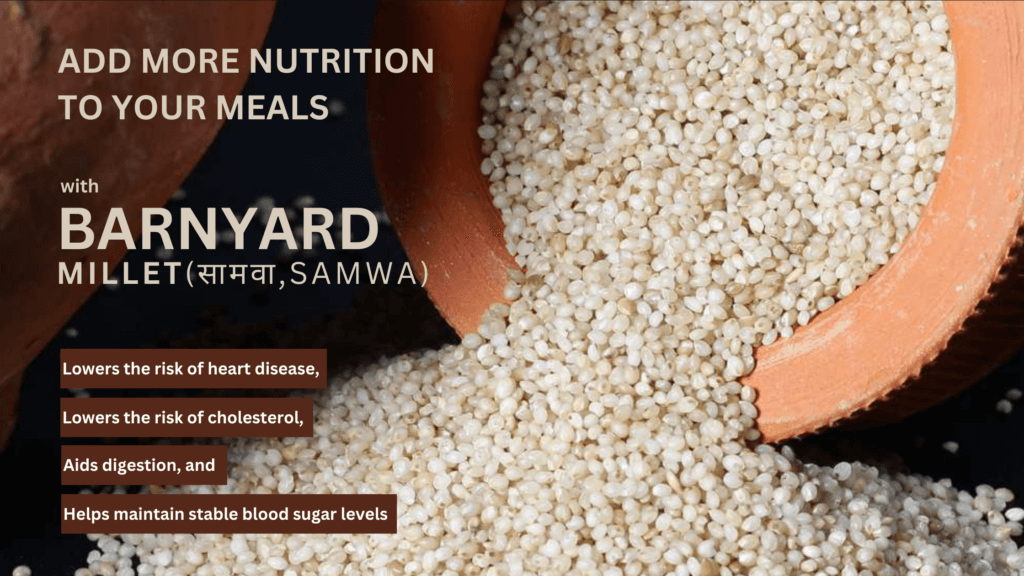Barnyard millet is a nutritious grain that’s becoming more popular for its health benefits and versatility in cooking. This ancient grain can help improve your overall health. Here’s why you should add barnyard millet to your diet:
Lowers the Risk of Heart Disease
Barnyard millet is high in fiber, which helps reduce the risk of heart disease. Fiber lowers blood cholesterol levels by removing cholesterol from the body. This millet also contains magnesium and potassium, which are important for maintaining healthy blood pressure and supporting heart health.
Lowers Cholesterol Levels
Barnyard millet can help manage cholesterol levels thanks to its high fiber content. The soluble fiber in barnyard millet reduces cholesterol absorption in the bloodstream, helping to lower overall cholesterol levels naturally.
Aids Digestion
Barnyard millet is great for digestion. It’s rich in dietary fiber, which promotes regular bowel movements and prevents constipation. This grain also supports the growth of healthy gut bacteria, which is essential for good digestion and overall health.
Helps Maintain Stable Blood Sugar Levels
Barnyard millet is an excellent choice for those managing diabetes or trying to prevent it. With a low glycemic index, it releases glucose into the bloodstream slowly, preventing spikes in blood sugar levels. This helps maintain stable blood sugar levels, which is important for weight management and reducing the risk of type 2 diabetes.
How to Include Barnyard Millet in Your Diet
Adding barnyard millet to your diet is simple and tasty. Here are some easy ways to enjoy this healthy grain:
- Barnyard Millet Noodles: Use barnyard millet noodles instead of regular noodles. They are a gluten-free option and can be used in many dishes, from stir-fries to soups.
- Barnyard Millet Pasta: Try barnyard millet pasta as a nutritious alternative to traditional pasta. It’s perfect for any pasta dish and offers added health benefits.
- Breakfast Porridge: Cook barnyard millet with milk or water and add your favorite fruits and nuts for a filling breakfast.
- Salads: Mix cooked barnyard millet into your salads for a nutritious and satisfying meal.
- Soups and Stews: Use barnyard millet to thicken soups and stews, adding both texture and nutrients.
- Baking: Substitute barnyard millet flour in your baking recipes for a gluten-free alternative.

